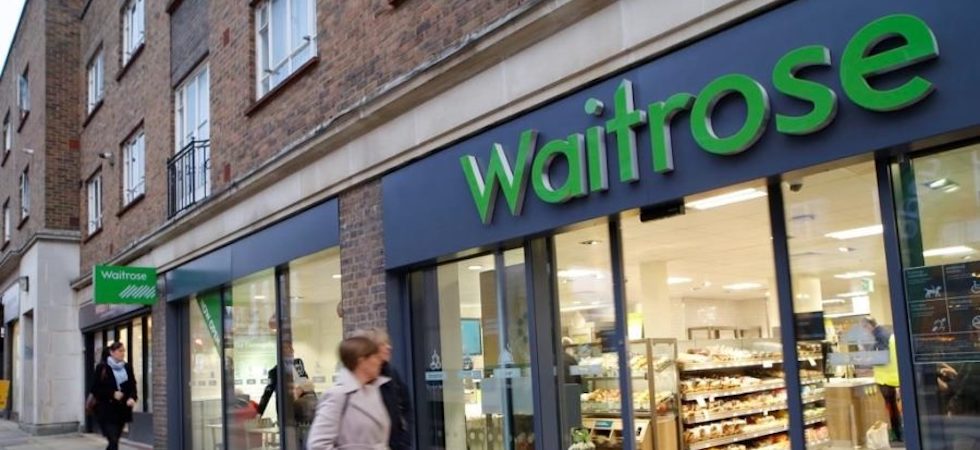Kantar’s latest grocery market share figures show the supermarket has outpaced its competitors on footfall, upping its market share by 0.3 percentage points to 5% in the 12 weeks to 11th July 2021.
The report found that, despite digital baskets shrinking by 8% to an average of £80 per shop, sales are still strong compared with pre-pandemic times. Shoppers spent £3 billion more on groceries than they did during the same period in 2019. This is attributed to the nation’s return to physical stores, workplaces, and restaurants over the past month.
Fraser McKevitt, head of retail and consumer insight at Kantar, stated that there were positives to be found in the performances of many of the market’s key players. Speaking about Morrisons’ year of solid sales performance, McKevitt stated that the Bradford-based grocer had “[set] itself apart from the competition through its distinctive fresh counters and a continued use of multibuy promotions.” He added that this was “in contrast to its big four rivals which have largely focused efforts on price cuts.”
Other achievements by industry leaders included:
- Aldi and Lidl both won market share this period, with Aldi up 0.4 percentage points to hold 8.2% while Lidl’s share increased by 0.2 percentage points to 6.1%;
- Tesco won its biggest year-on-year share increase since December 2016 this period, growing from 26.7% last year up to 27.1% in the latest 12 weeks; and
- Sainsbury’s, where online sales continue to perform strongly, moved its share up to 15.2% from 14.9% last year.
Additionally, the report found that Iceland, Co-op and other independent stores all received a boost in the early days of the pandemic as people shopped closer to home. In comparison with pre-pandemic figures, these grocers’ market share has inevitably fallen this year, but all three leaders experienced double-digit sales growth compared with 2019.
Over the same period, Asda’s share slipped by 0.1 percentage points to 14.0% and Morrisons fell from 10.3% last year to 10.1% this period.
McKevitt also emphasised the decline in online sales within this same period. He noted that growth in this area “has dropped for the first time ever – falling by 2.6%.” This, McKevitt stated, is a notable change as the channel currently accounts for 13.3% of the total market.
Ocado’s growth has also slowed over the past 12 weeks to 3%, though it remained the fastest growing retailer and increased its market share by 0.1 percentage points to 1.8%.









